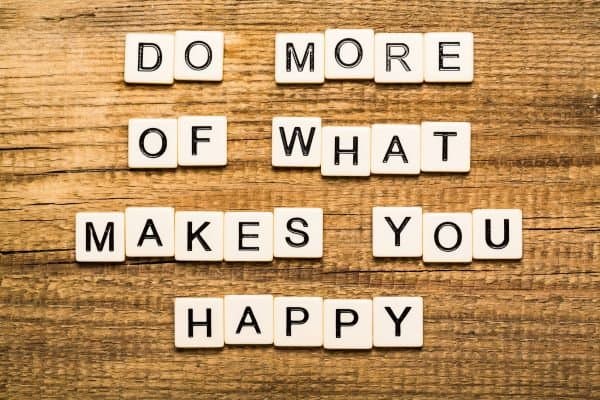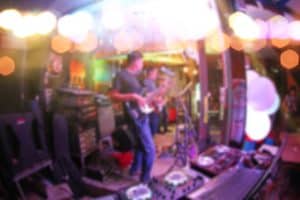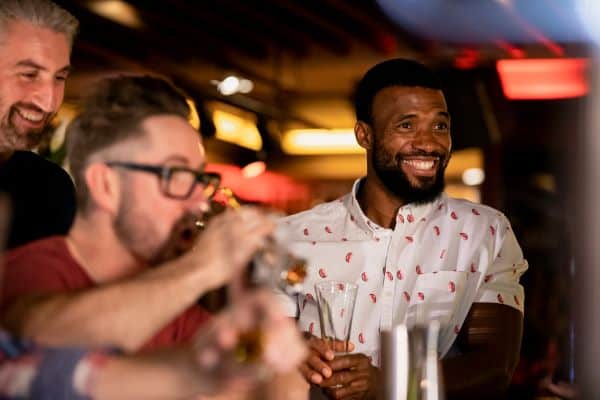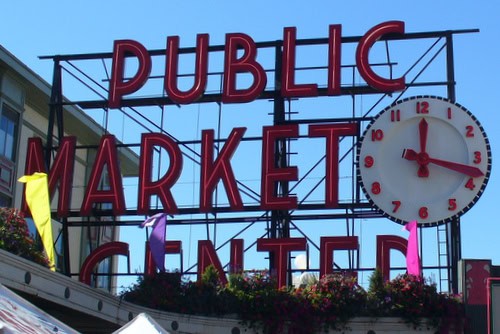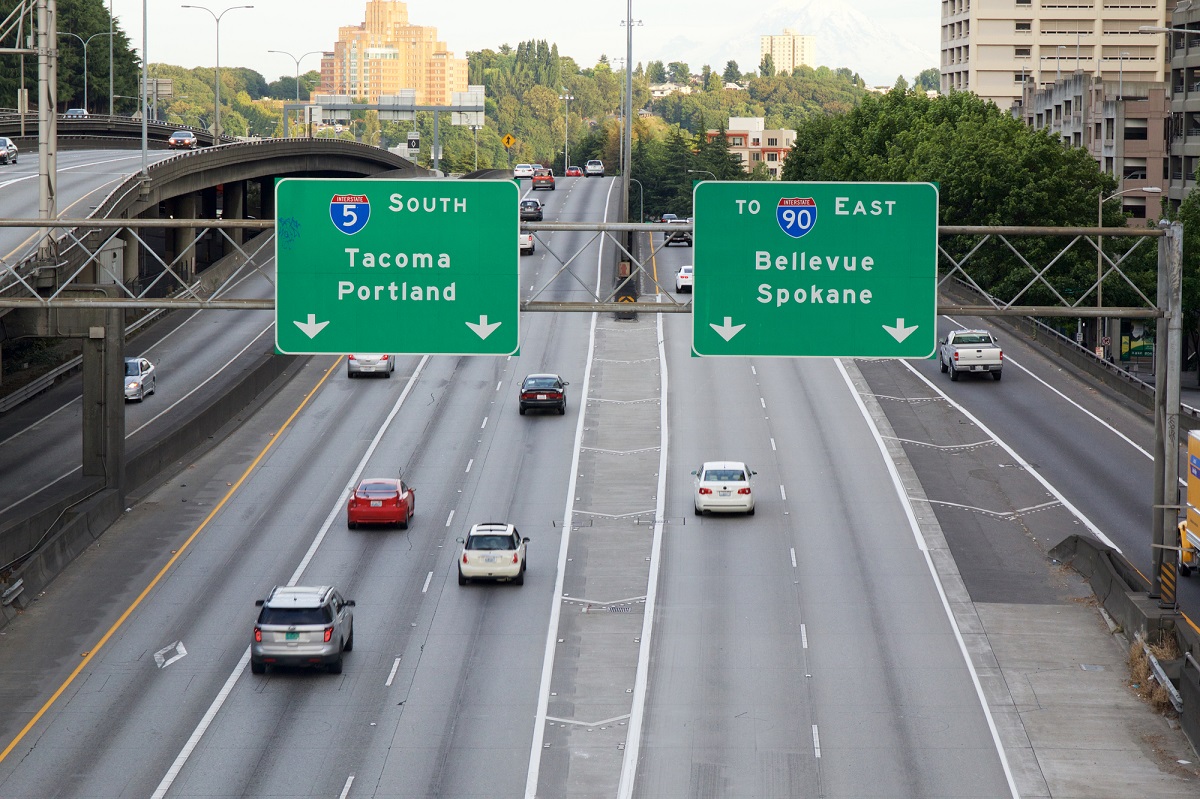If you plan to get out on any of the many waterways in Seattle and around the Puget Sound region, be sure you are prepared. Whether you will be in a motorboat, sailboat, canoe, kayak, or paddleboard, or enjoying lakes and rivers as a swimmer or water skier, be sure to get familiar with Washington Boating Laws and water safety tips. We want you to have fun (lots of it!), but we also want you to stay safe, and keep everyone around you safe on the water.
National Safe Boating Week May 17-23, 2025
Every May, the National Safe Boating Week campaign reminds boaters and paddlers about the importance of safe boating. National Safe Boating Week is coordinated each year by the National Safe Boating Council and its boating safety partners across the U.S. and Canada. More info: Safe Boating Campaign
Read below for information about Washington State Boating Laws, plus guidance for boating handling and water safety tips.
Know Washington Boating Laws
To ensure your safety on the water, as well those around you, it is important that boaters be familiar with state laws related to vessel operation. Learn about proper fueling, how to secure a boat to a trailer, the right way to launch a boat into the water, the navigational rules for different types of watercrafts, how to share water safely with other watercraft, the steps for handling bad weather, and boating emergencies.
Of course, no one may operate a vessel on the waters of Washington state while impaired or intoxicated through the consumption of either alcohol or drugs. Learn more about Washington State boating laws at: Boating Laws – Washington Recreation & Conservation Office
Life jackets laws and recommendations
The U.S. Coast Guard estimates that life jackets could have saved the lives of more than 80 percent of boating fatality victims. Washington State encourages all boaters, adults and children, to wear a life jacket when boating, in the case of a boat capsize or other boat accident. Life jackets are required under the following circumstances:
- All vessels (including canoes and kayaks) must have at least one U.S.Coast Guard approved life jacket for each person on board.
- Vessels 16 feet or longer must have one U.S. Coast Guard approved flotation device on board. Canoes and kayaks are exempt from this requirement.
- Children 12 years old and younger must wear a U.S. Coast Guard approved life jacket at all times when underway in a vessel less than 19 feet in length.
- Each person on a personal watercraft and anyone being towed behind a vessel must wear U.S. Coast Guard approved life jacket.
- Loaner life jackets. The Washington State Parks and Recreation Commission’s Boating Program provides life jackets to boaters throughout the state. You can check out life jackets for a day or a week. Life Jacket Loaner Stations are in marinas, near boat ramps, and at some parks. Local county sheriff’s departments and some police departments also have life jackets to loan.
Learn more about Washington State life jacket laws, find a map of loaner life jacket locations, or get information buying life jackets at a discount, or getting a free life jacket at: Life Jackets – Washington Recreation & Conservation Office
Mandatory Boater Education Card
If you are boating in Washington, you must have a Washington State Boater Education Card with you when operating a boat 15 horsepower or greater. To get a boater education card, you can take an approved boater education course. After successfully completing your chosen course, you submit an application with payment to Washington State Parks.
There are many ways to complete the course: classroom courses, hands-on training on-the-water boat handling skills, home study course, or online course. In addition, if you are an experienced boater and have a good working knowledge of navigation rules and Washington laws, you may opt to take an equivalency exam with no reference material.
Learn more about the Washington State Boater Education Card at: Boaters Card – Washington Recreation & Conservation Office
Register your boat in Washington State
To navigate, operate, employ, or moor a motorboat or sailboat in Washington State, you must have a Washington title, registration card, and registration decals. A license is not required for a canoe, kayak, or any vessel not propelled by a motor or sail, or the vessel is less than 16 feet in length and has a motor of 10 horsepower or less and is used on non-federal waters only.
Learn more about Washington State boat registration at: Register a boat in Washington state | WA State Licensing (DOL) Official Site
City of Seattle boating and water safety
All vessels operating on federally regulated waters, including those in the City of Seattle, shall be in compliance with all Federal, State and local equipment requirements. Read about speed limits on local waters, accident reporting, navigating draw bridges, rules for scuba divers and water skiers, and much more at: Boating and Water Safety – Police | seattle.gov
Boating handling and water safety tips
Washington State Parks department reports the following top reasons for fatalities and accidents on the water: (1) failure to WEAR life jackets (especially in small boats), (2) boating under the influence of alcohol or drugs, (3) failure to follow water navigation “rules of the road”, (4) operator inexperience (inattention, unsafe speeds, improper lookout), and (5) no ability to call for rescue when an accident happens.
The Seattle-Tacoma metropolitan area is surrounded by water. We have many wonderful choices in water activities. But this opportunity and excitement also increases the chance of water accidents, injury, and drowning. Stay safe in our waters by increasing your knowledge and practice of water safety with the following water safety tips and information:
Boating and Water Safety Information. Find information about boating and water safety, affordable life jackets, drowning risks, river safety, swimming safety, and more on the Seattle-King County Public Health website at: Water safety – King County
Cold Water Safety. Puget Sound and many of our large lakes have very cold water. Cold water is extremely dangerous. Be sure to learn all you can about protecting you and your companions on lakes and rivers in Washington State. Read the National Weather Service informaton about Cold Water Hazards: Cold Water Hazards and Safety (weather.gov)
River safety. Washington State rivers are inherently dangerous places to recreate. The water can be high, swift, and cold as mountain snowpack melts. This makes staying in control and hypothermia real risks. Logs and rocks, both visible and hidden, pose navigation hazards. Rivers are dynamic systems that change constantly. Read about river safety from Seattle-King County Public Health at: River safety – King County
Seasonal Safety on Washington Lakes, Rivers, and Beaches. At any time of year, Washington waters can be appealing and dangerous at the same time. Read about seasonal water safety from Washington State department of health at: Water Safety for Lakes, Rivers, and Beaches | Washington State Department of Health
Water Paddling Sports Safety Tips. American Canoe Association (ACA) is a national nonprofit organization that provides education related to all aspects of paddling sports for competition and recreation. ACA has 30,000 members and over 300 Clubs and Affiliates across the United States and abroad. The heart of the ACA is the people who paddle, cherish, protect, and enjoy the diverse waterways of America. Find educational resources on a variety of paddling topics on their website.
Event calendar of free and affordable things to do
Listed below are all types of free and affordable things to do in the next 30 days.
Featured Events are listed first each day, highlighted by a photo. These are unique, popular, or annual events that we or our advertisers don’t want you to overlook.
Find more events and ideas for affordable living at Greater Seattle on the Cheap – Free things to do, cheap fun, discounts and deals in the Seattle-Tacoma metro area

